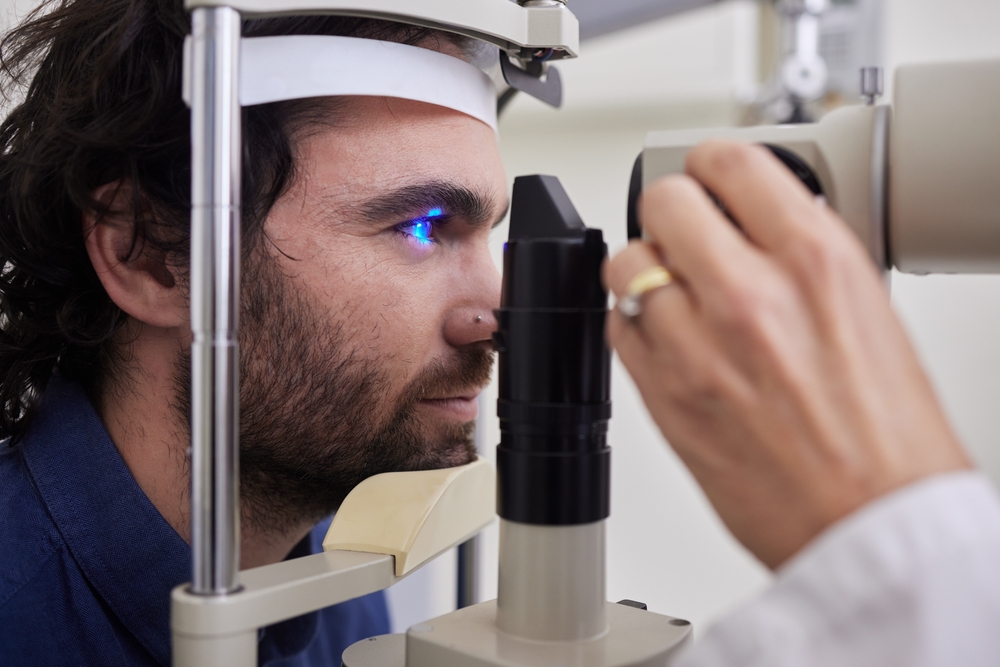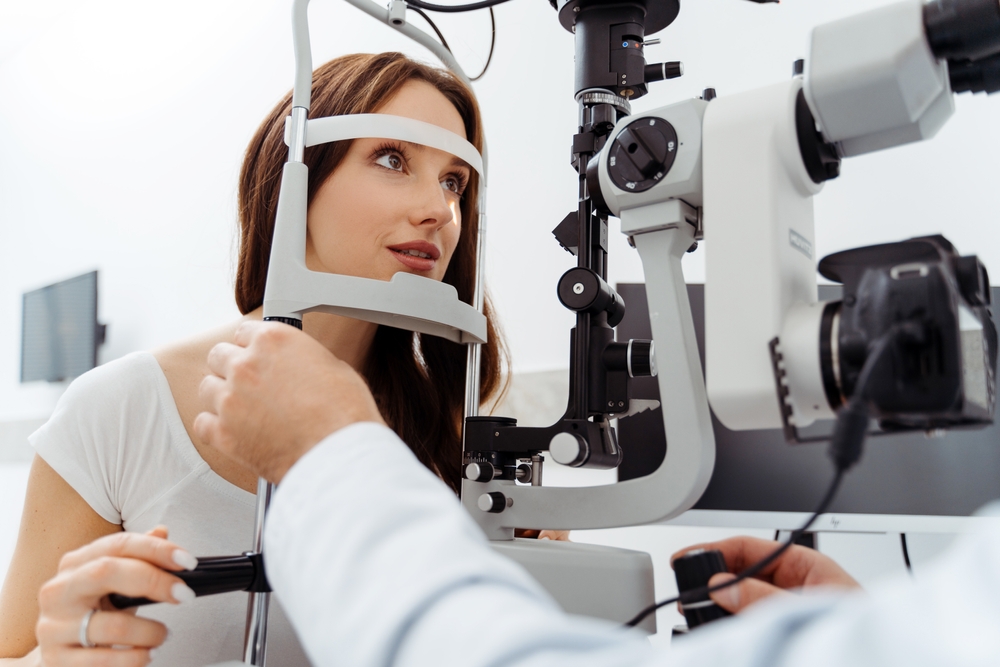Dr. Billy McMillin and the experienced team at McMillin Eyecare provide comprehensive eye exams that go well beyond basic vision screenings. Our thorough evaluations assess both your vision and overall eye health to detect potential issues before they become serious problems. We believe that regular eye exams are essential for maintaining optimal vision and eye health throughout your life, regardless of your age or current visual acuity.
Our thorough examinations can uncover hidden, “silent” eye disease not found by simple vision screenings. Our years of experience in diagnosing and treating typical vision disorders such as nearsightedness and farsightedness as well as more complex conditions such as cataracts, macular degeneration or diabetic retinopathy enable us to provide the best ocular health care possible, managing all aspects of your eye health. McMillin Eyecare doctors and their staff are equipped to provide appropriate therapeutic medical eye care and vision correction.




